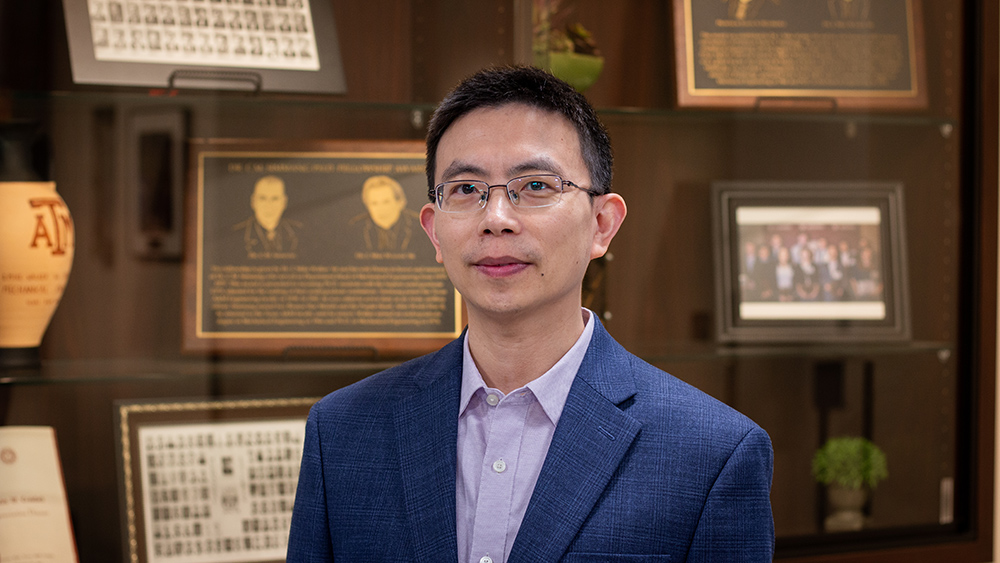
Dr. Ying Li is among the most recent class of fellows elected to the Royal Society of Chemistry (RSC) in recognition of his significant contributions to the field.
At more than 180 years old, RSC is the oldest chemical society in the world. With more than 54,000 members worldwide, the mission of the society is to support and celebrate new research in chemical sciences and to help teach and inspire new generations of scientists. Members are eligible to be considered for the rank of fellow once they have held a senior position for more than five years and have made a significant impact in the chemical sciences.
Li serves as professor and Pioneer Natural Resources Faculty Fellow III in the J. Mike Walker '66 Department of Mechanical Engineering at Texas A&M University. He said his new status as a fellow of RSC will strengthen his leadership within the professional community and help inspire the younger generation to pursue excellence in science and engineering.
"Being both a mechanical engineer and a chemical scientist, I strongly encourage engineering students to pursue interdisciplinary research that is needed to solve complex research problems focusing on societal needs," Li said.
Throughout his career, Li has contributed significantly to the research community through the publication of nearly 100 peer-reviewed journal articles.
"I have worked on interdisciplinary research in materials and catalysis for sustainable energy and environment for about 20 years, tackling the grand challenges in climate change and energy security," Li said. "The most impactful research is the catalytic conversion of carbon dioxide — the major greenhouse gas — into fuels and value-added products through the design and synthesis of nanostructured catalysts and using sunlight as the energy source to power the reactions."
Li said this research has the potential to not only mitigate greenhouse gas levels in the atmosphere but also produce renewable fuels with low-to-zero carbon emissions, opening a new venue for the next-generation energy technology.